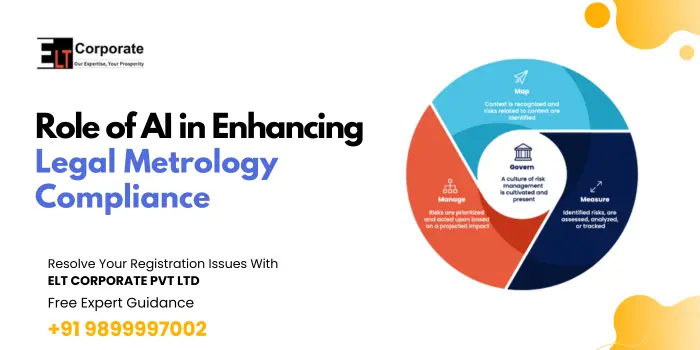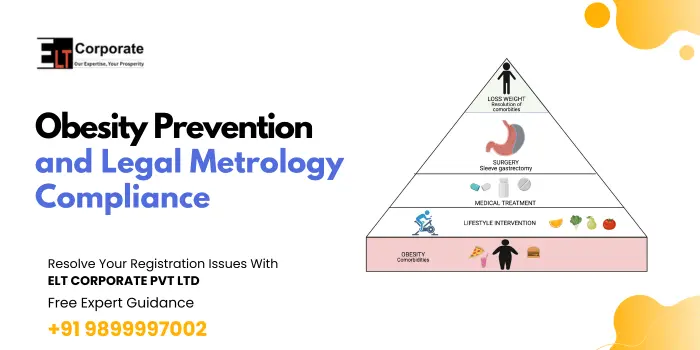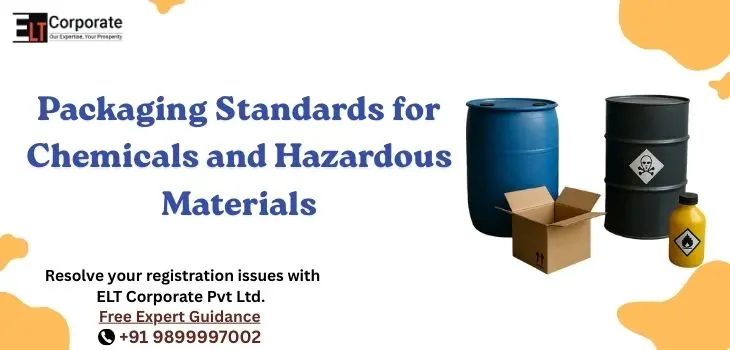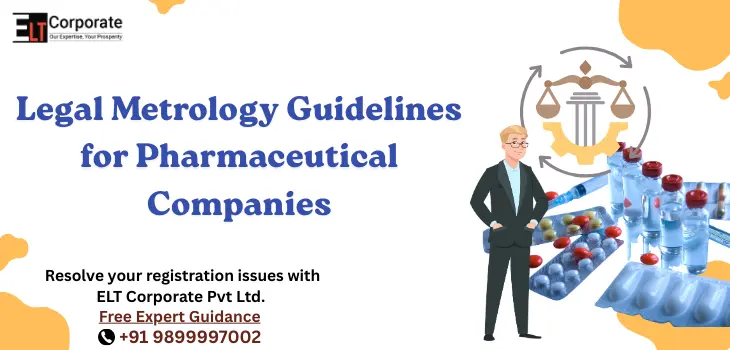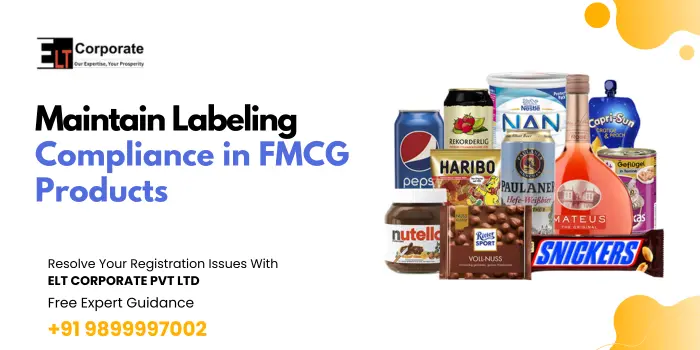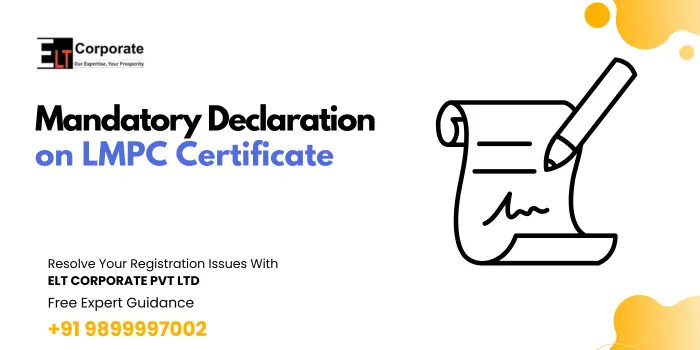Essential Registrations and Licenses for MSMEs
Micro, small and medium enterprises (MSMEs) Essential registrations are the backbone of India’s economy, which contribute significantly to GDP, export and employment. To operate smoothly for a MSME, legal compliance through registration and license is as important as the quality of the product or service. These registrations not only ensure credibility and recognition of the government, but also unlock encouragement, subsidy and security under various schemes. Why Essential registrations Registrations and Licenses Matter for MSMEs Professional Validity – Establish the enterprise as a recognized and reliable unit. Benefits under access to government schemes– low-onion loans, and MSME schemes. Ease of doing business simplifies taxation, banking and tender participation. Penal protection and non-disconnection prevents punishment, dispute and closure. Brand Trust – creates reliability with customers, suppliers and investors. Key Registrations and Licenses for MSMEs 1. Udyam/MSME Registration Mandatory for availing MSME benefits. Subsidy provides access to collateral-free loans and government tenders. Aadhaar and PAN were released online by the Ministry of MSME with details. 2. GST Registration If necessary, the annual turnover crosses the threshold (₹ 40 lakh for goods, ₹ 20 lakh for services). It is necessary to issue GST invoice and claim input tax credit. Compulsory for businesses involved in inter-state supply. 3. Shop and Establishment License Compulsory for offices, shops and establishments under state laws. Work hours, staff welfare and workplace controls. 4. Trade License Was issued by the local municipal authority. It is necessary to legally operate within a specific area. Ensures safety, hygiene and compliance with local norms. 5. Import Export Code (IEC) Compulsory for MSME involved in cross -border trade. DGFT (Directorate General of Foreign Trade) was issued. Customs withdrawal, shipping and international payment are required. 6. Professional Tax Registration Applied in some states. Ensures tax compliance on salary and professional income. Employees are required for employers who cut professionally. 7. EPF & ESI Registrations EPF (Employees Provident Fund): Essentially if 20+ employees are hired. ESI (Staff State Insurance): If 10+ employees are 10+ employees earning below ₹ 21,000/month. Employee ensures social security, health and retirement benefits. 8. FSSAI License (For Food Businesses) Compulsory for MSME in food production, processing, storage or retail. Food safety ensures compliance. Various license types (basic, state, central) based on turnover. 9. Environmental Clearances & Pollution Control Board NOC For MSMEs engaged in manufacturing, chemicals, textiles, or other polluting industries. Environment ensures compliance with laws and waste disposal norms. 10. Other Industry-Specific Licenses Drug License (Pharma MSMES). BIS Certification (Electronics, Packaged Goods). Legal metrology (weight, packaging, labeling business). Penalties for Non-Compliance Heavy fines and punishment from state or central officials. Professional closed order by municipal corporations or pollution boards. Loss of eligibility for government benefits and schemes. Legal action from employees, customers or competitors. Common Mistakes MSMEs Make Working without Udyam registration, losing government benefits. Do not obtain GST registration despite crossing the turnover limit. Using the campus without shop and installation license. Import/export without IEC code. Ignoring labor laws (EPF, ESI). Running a business related to food without FSSAI approval. How to Stay Compliant Apply for Udyam registration immediately after starting your business. Regularly review the turnover to follow GST requirements. Get all compulsory states and municipal licenses. If the employees are hired, maintain the updated labor law registration. Conduct periodic compliance audit with specialist assistance. Stay updated with information from MSME, GST Council and Ministry of State Governments. How ELT Corporate Helps MSMEs At ELT Corporate, we support MSMEs in navigating the complex world of compliance with: Udyam/MSME Registration Assistance for government recognition. GST, IEC, and Trade License Support to simplify operations. FSSAI, BIS, and Legal Metrology Advisory for industry-specific compliance. Labor Law & Employee Welfare Registrations (EPF/ESI). Compliance Audits & Legal Advisory to prevent penalties and disputes. FAQs Q1. Is Udyam Registration compulsory for all MSMEs? Yes. It is essential for availing government benefits, schemes, and recognition. Q2. Do all MSMEs need GST registration? No. Only if turnover crosses the prescribed threshold or if the business supplies interstate. Q3. Can I start my MSME without a trade license? No. A trade license from your local authority is mandatory to legally operate. Conclusion For MSMEs, registration and license compliance is not just a legal formality, but the foundation of permanent development. From Udyam registration to GST, trade license and labor law compliance – each step ensures validity, protection and access to development opportunities. Need specialist assistance? Contact ELT corporate today for end-to-end MSME compliance solution.


